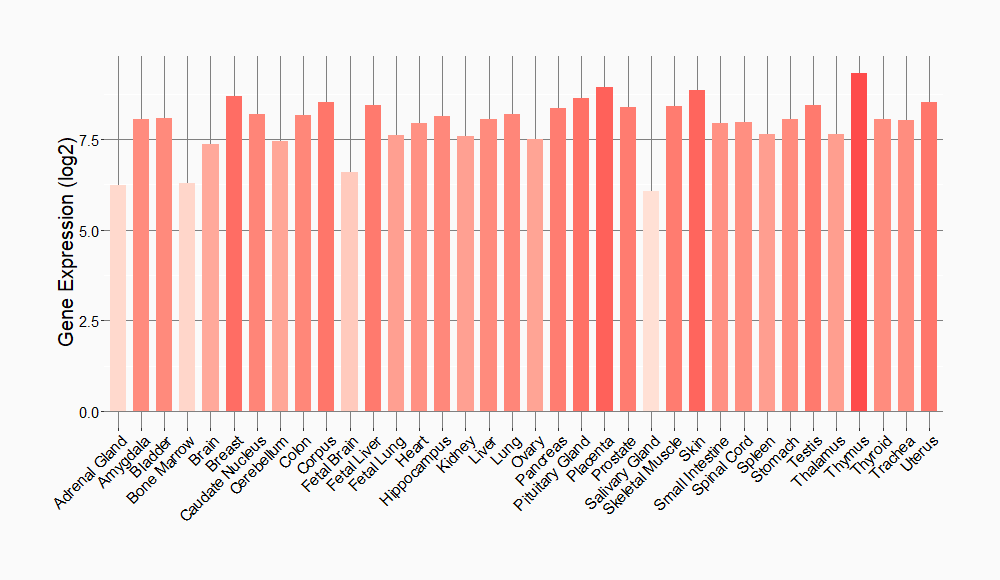Molecule Information
General Information of the Molecule (ID: Mol03005)
| Name |
Baculoviral IAP repeat containing 2 (BIRC2)
,Homo sapiens
|
||||
|---|---|---|---|---|---|
| Synonyms |
BIRC2; API1; MIHB; RNF48
Click to Show/Hide
|
||||
| Molecule Type |
Protein
|
||||
| Gene Name |
BIRC2
|
||||
| Gene ID | |||||
| Location |
chr11:102,347,211-102,378,670[+]
|
||||
| Sequence |
MHKTASQRLFPGPSYQNIKSIMEDSTILSDWTNSNKQKMKYDFSCELYRMSTYSTFPAGV
PVSERSLARAGFYYTGVNDKVKCFCCGLMLDNWKLGDSPIQKHKQLYPSCSFIQNLVSAS LGSTSKNTSPMRNSFAHSLSPTLEHSSLFSGSYSSLSPNPLNSRAVEDISSSRTNPYSYA MSTEEARFLTYHMWPLTFLSPSELARAGFYYIGPGDRVACFACGGKLSNWEPKDDAMSEH RRHFPNCPFLENSLETLRFSISNLSMQTHAARMRTFMYWPSSVPVQPEQLASAGFYYVGR NDDVKCFCCDGGLRCWESGDDPWVEHAKWFPRCEFLIRMKGQEFVDEIQGRYPHLLEQLL STSDTTGEENADPPIIHFGPGESSSEDAVMMNTPVVKSALEMGFNRDLVKQTVQSKILTT GENYKTVNDIVSALLNAEDEKREEEKEKQAEEMASDDLSLIRKNRMALFQQLTCVLPILD NLLKANVINKQEHDIIKQKTQIPLQARELIDTILVKGNAAANIFKNCLKEIDSTLYKNLF VDKNMKYIPTEDVSGLSLEEQLRRLQEERTCKVCMDKEVSVVFIPCGHLVVCQECAPSLR KCPICRGIIKGTVRTFLS Click to Show/Hide
|
||||
| 3D-structure |
|
||||
| Function |
Multi-functional protein which regulates not only caspases and apoptosis, but also modulates inflammatory signaling and immunity, mitogenic kinase signaling, and cell proliferation, as well as cell invasion and metastasis. Acts as an E3 ubiquitin-protein ligase regulating NF-kappa-B signaling and regulates both canonical and non-canonical NF-kappa-B signaling by acting in opposite directions: acts as a positive regulator of the canonical pathway and suppresses constitutive activation of non-canonical NF-kappa-B signaling. The target proteins for its E3 ubiquitin-protein ligase activity include: RIPK1, RIPK2, RIPK3, RIPK4, CASP3, CASP7, CASP8, TRAF2, DIABLO/SMAC, MAP3K14/NIK, MAP3K5/ASK1, IKBKG/NEMO, IKBKE and MXD1/MAD1. Can also function as an E3 ubiquitin-protein ligase of the NEDD8 conjugation pathway, targeting effector caspases for neddylation and inactivation. Acts as an important regulator of innate immune signaling via regulation of Toll-like receptors (TLRs), Nodlike receptors (NLRs) and RIG-I like receptors (RLRs), collectively referred to as pattern recognition receptors (PRRs). Protects cells from spontaneous formation of the ripoptosome, a large multi-protein complex that has the capability to kill cancer cells in a caspase-dependent and caspase-independent manner. Suppresses ripoptosome formation by ubiquitinating RIPK1 and CASP8. Can stimulate the transcriptional activity of E2F1. Plays a role in the modulation of the cell cycle.
Click to Show/Hide
|
||||
| Uniprot ID | |||||
| Ensembl ID | |||||
| HGNC ID | |||||
| Click to Show/Hide the Complete Species Lineage | |||||
Type(s) of Resistant Mechanism of This Molecule
Drug Resistance Data Categorized by Drug
Approved Drug(s)
2 drug(s) in total
| Drug Resistance Data Categorized by Their Corresponding Mechanisms | ||||
|
|
||||
| Disease Class: Pituitary adenoma [ICD-11: 2F37.1] | [1] | |||
| Resistant Disease | Pituitary adenoma [ICD-11: 2F37.1] | |||
| Resistant Drug | Carboplatin | |||
| Molecule Alteration | Expression | Up-regulation |
||
| Experimental Note | Identified from the Human Clinical Data | |||
| In Vitro Model | Pituitary tumour stem-like cells | Pituitary | Homo sapiens (Human) | N.A. |
| In Vivo Model | NOD/SCID mice xenograft model | Mus musculus | ||
| Experiment for Molecule Alteration |
qRT-PCR | |||
| Experiment for Drug Resistance |
WST-1 proliferation assay | |||
| Mechanism Description | Stem cells are generally known to preferentially express antiapoptotic genes, such as BCL-2, cIAP1, NAIP, and XIAP.The expression levels of these antiapoptotic genes in PASC1 were one- to sixfolds higher than those in its daughter cells. | |||
| Drug Resistance Data Categorized by Their Corresponding Mechanisms | ||||
|
|
||||
| Disease Class: Pituitary adenoma [ICD-11: 2F37.1] | [1] | |||
| Resistant Disease | Pituitary adenoma [ICD-11: 2F37.1] | |||
| Resistant Drug | Etoposide | |||
| Molecule Alteration | Expression | Up-regulation |
||
| Experimental Note | Identified from the Human Clinical Data | |||
| In Vitro Model | Pituitary tumour stem-like cells | Pituitary | Homo sapiens (Human) | N.A. |
| In Vivo Model | NOD/SCID mice xenograft model | Mus musculus | ||
| Experiment for Molecule Alteration |
qRT-PCR | |||
| Experiment for Drug Resistance |
WST-1 proliferation assay | |||
| Mechanism Description | Stem cells are generally known to preferentially express antiapoptotic genes, such as BCL-2, cIAP1, NAIP, and XIAP.The expression levels of these antiapoptotic genes in PASC1 were one- to sixfolds higher than those in its daughter cells. | |||
Disease- and Tissue-specific Abundances of This Molecule
ICD Disease Classification 02

| Differential expression of molecule in resistant diseases | ||
| The Studied Tissue | Pituitary | |
| The Specified Disease | Pituitary cancer | |
| The Expression Level of Disease Section Compare with the Healthy Individual Tissue | p-value: 3.43E-02; Fold-change: -3.84E-01; Z-score: -1.29E+00 | |
|
Molecule expression in the diseased tissue of patients
Molecule expression in the normal tissue of healthy individuals
|
||
| Disease-specific Molecule Abundances |

|
Click to View the Clearer Original Diagram |
| The Studied Tissue | Pituitary | |
| The Specified Disease | Pituitary gonadotrope tumor | |
| The Expression Level of Disease Section Compare with the Healthy Individual Tissue | p-value: 3.89E-02; Fold-change: -3.30E-01; Z-score: -1.07E+00 | |
|
Molecule expression in the diseased tissue of patients
Molecule expression in the normal tissue of healthy individuals
|
||
| Disease-specific Molecule Abundances |

|
Click to View the Clearer Original Diagram |
Tissue-specific Molecule Abundances in Healthy Individuals


|
||
References
If you find any error in data or bug in web service, please kindly report it to Dr. Sun and Dr. Yu.
